The Nutrigenomix test kit was used in the first published, peer-reviewed randomized controlled trial of DNA-based dietary advice, and is the only nutrigenetics test validated by a randomized controlled clinical trial.
BACKED BY SCIENCE
Benefits of DNA-Based Dietary Advice
Improved Health
Actionable genetic information leads to long-term dietary changes that result in greater body fat percentage reduction compared to standard lifestyle intervention (Horne, J. et al. Obesity. 2020).
Enhanced Motivation
DNA-based dietary advice can increase motivation and enhance compliance compared to population-based recommendations (Nielsen, DE et al. PLoS ONE. 2014).
Increased Productivity
Companies that offer a personalized service (such as Nutrigenomix) can expect better employee experience, improved employee loyalty and increased productivity (Inc.com).
PRECISION NUTRITION IN ACTION
Evidence-Based Insights on Nutritional Genomics
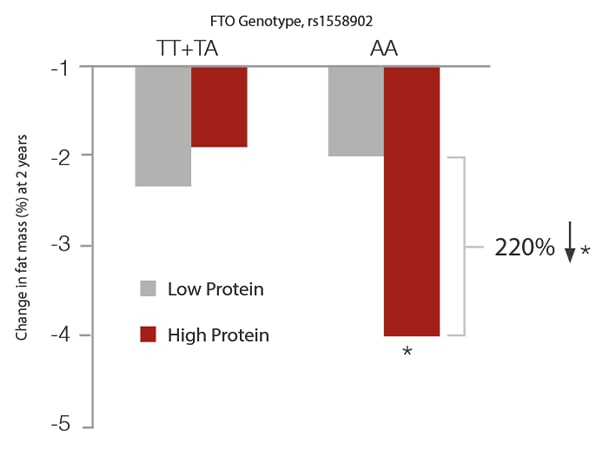
SAMPLE STUDY 1
A person’s genetics can impact the efficacy of dietary interventions for weight loss.
In a randomized controlled study, a high-protein diet resulted in a 2-fold greater loss in total body fat, visceral fat and subcutaneous fat compared to a low protein diet, but only in individuals with the AA version of the FTO gene.
Source: Zhang et. al., 2012. FTO Genotype and 2-Year Change in Body Composition and Fat Distribution in Response to Weight-Loss Diets. Diabetes 61:3005–3011.
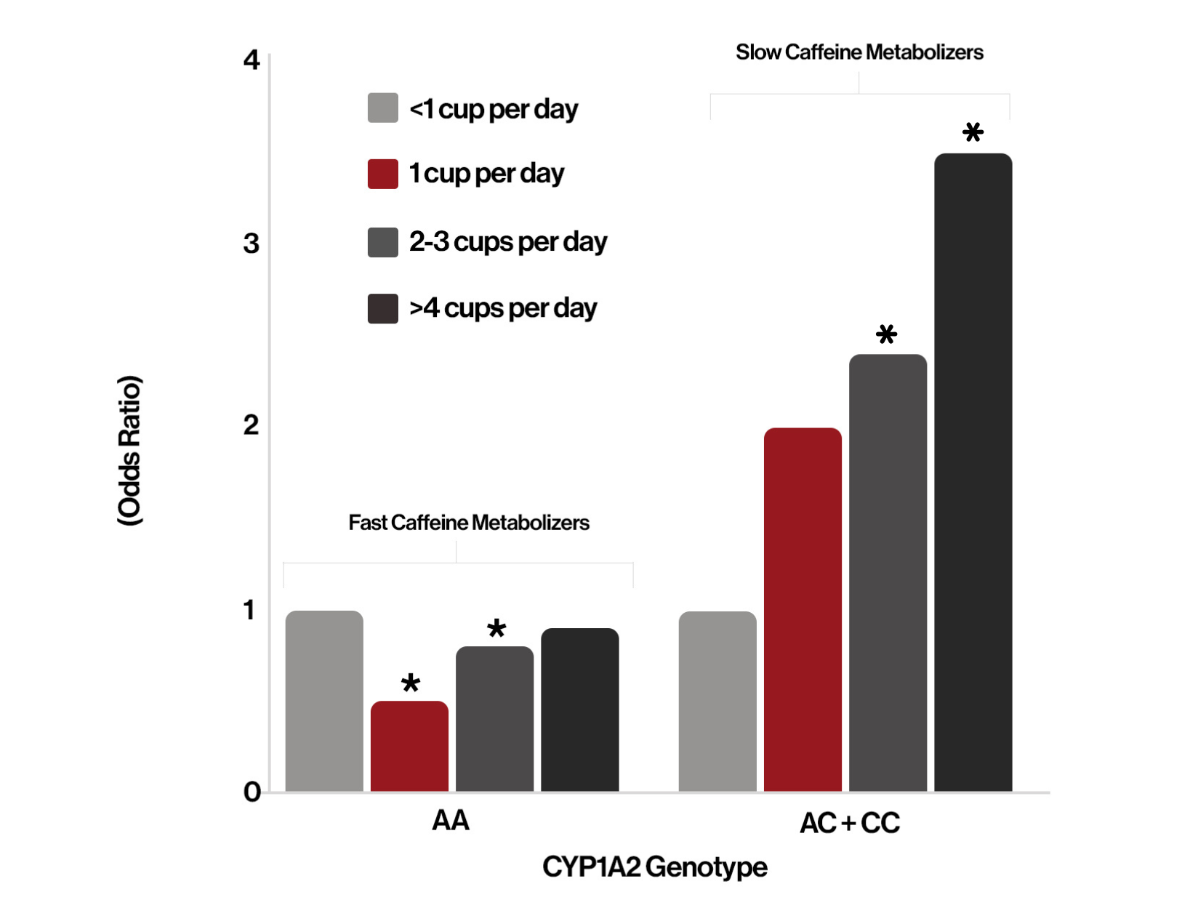
SAMPLE STUDY 2
The effect of coffee on cardiovascular disease depends on a variation in a gene called CYP1A2.
Individuals who possess the AC or CC variant of CYP1A2 break down caffeine more slowly and are at greater risk of high blood pressure and heart attack when caffeine intake is high.
Source: Cornelis et al. Coffee, CYP1A2 genotype, and risk of myocardial infarction. Journal of the American Medical Association. 2006;295:1135-41.
MEET THE EXPERTS
International Science Advisory Board
Our advisory board is made up of world-renowned researchers in the field of nutrigenomics and personalized nutrition.
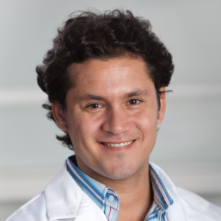
Dr. Ahmed El-Sohemy is a Professor and Associate Chair and held a Canada Research Chair in Nutrigenomics at the University of Toronto. He is also the founder of Nutrigenomix Inc., serves as the company's Chief Science Officer and is Chair of the company's International Science Advisory Board.
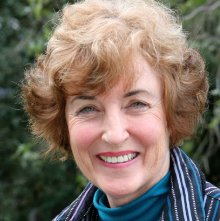
Dr. Lynn Ferguson is Program Leader of Nutrigenomics New Zealand. She obtained her D.Phil. from Oxford University working on DNA damage and repair. After her return to New Zealand, she began working as part of the Auckland Cancer Society Research Centre, using mutagenicity testing as a predictor of carcinogenesis.

Dr. Bruce German is the Director of the Foods for Health Institute at the University of California Davis, and is Professor of Food Science and Technology (http://ffhi.ucdavis.edu/). Dr. German received his PhD from Cornell University and joined the faculty at the University of California (Davis) in 1988.
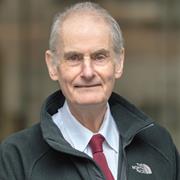
Dr. Jenkins earned his MD and PhD at Oxford University, and is currently a Professor in both the Departments of Medicine and Nutritional Sciences at the University of Toronto. He is also a staff physician in the Division of Endocrinology and Metabolism and the Director of the Clinical Nutrition and Risk Factor Modification Center, St. Michael's Hospital.

Dr. Sara Mahdavi is a Research Fellow and International Scholar at Harvard T.H. Chan School of Public Health. She is an adjunct professor in the Department of Nutritional Sciences and a clinician scientist and research instructor in the Department of Community and Family Medicine at the University of Toronto.
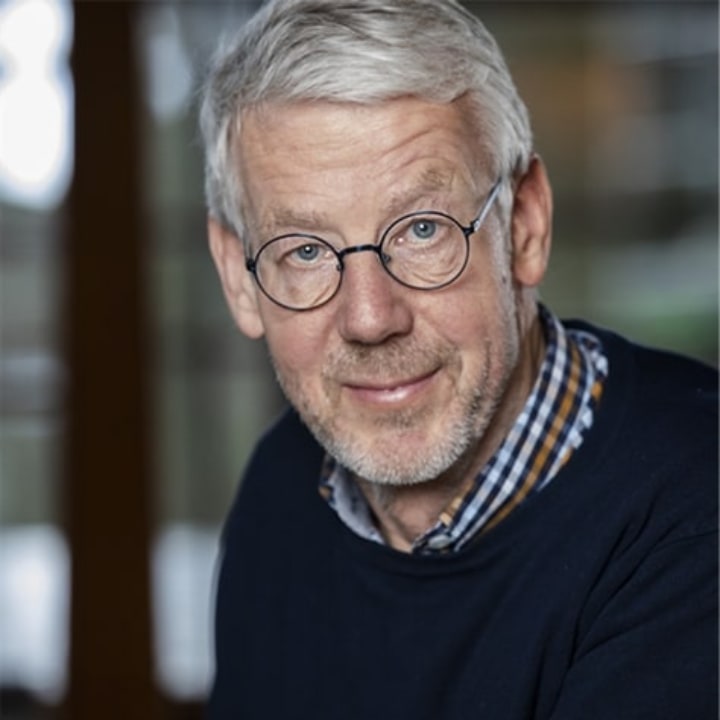
Dr. Ben van Ommen is Director of the Nutrigenomics Organization (NuGO) and Principal Scientist at TNO, one of the largest independent research organizations in the area of nutrition world-wide. He is also Director of the TNO systems biology program and leading the activities on nutrigenomics, nutritional systems biology, personalized health and personalized medicine.
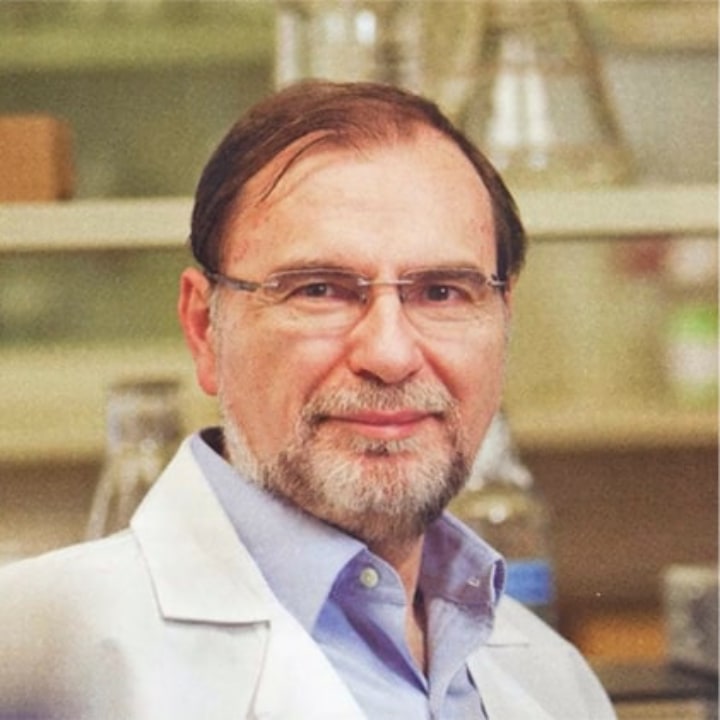
Dr. Jose M. Ordovas is Professor of Nutrition and Director of the Nutrigenomics Laboratory at the United States Department of Agriculture, Human Nutrition Research Center on Aging at Tufts University in Boston. After obtaining his PhD from the University of Zaragoza, Spain, he completed postdoctoral work at Harvard, MIT and Tufts University.




